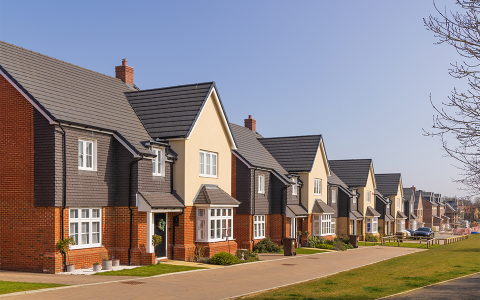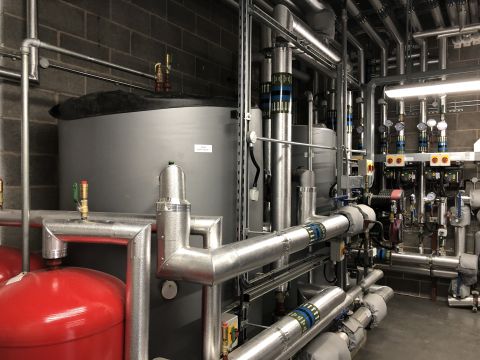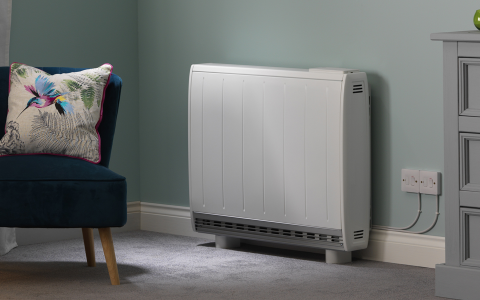The CCC’s June 2020 Emissions Progress Report
The Committee on Climate Change’s (CCC) most recent update on how the UK is progressing towards the achievement of emissions-based targets, such as net zero by 2050 and the carbon budgets, has certainly been listened to. There is no doubt that it influenced the Chancellor's recent Summer Economic Update and the decision to target a green recovery from the Covid-19 crisis.
So, what does the CCC see as the future of construction and what can be done to prepare for the changes this will make to HVAC specification?
We have summarised key industry insights in our 196-page report, structured by most commonly asked questions
Our report covers :
- How has lockdown affected the UK’s emissions progress?
- Has investment in low carbon solutions been shown to be commercially beneficial?
- Is the carbon tax scheme in London going to be applied to the whole of the UK? What does this mean for the development of upcoming regulation changes?
- Will Government address the cost difference between electricity and gas?
Our range of HVAC solutions aim to provide future proof technologies to building projects over various sectors.

Getting ready for 2020 compliance
The consultation for the Future Homes Standard, including Government’s proposal to update Approved Document L and Approved Document F during 2020, has closed. The final version, taking into account the feedback from industry on the initial document, is likely to be published mid-2020 and become the new standard in the closing months of this year.

Heat pumps, heat networks and direct electric heating - should Government mandate where they are used?
During the recent Future Homes Standard consultation, Government showed their support for using heat pumps, heat networks and direct electric heating within future residential developments. But what is the best application for each of these solutions?

Lower Your Carbon Footprint With Our New Heating Collection
New for this winter, Dimplex has added to its popular collection of oil-free radiators with the new Eco Column range (ECR).
Ideal for rooms where supplementary heating is required during the cold winter months, such as conservatories, the oil-free collection provides instant heat at the touch of a button.











